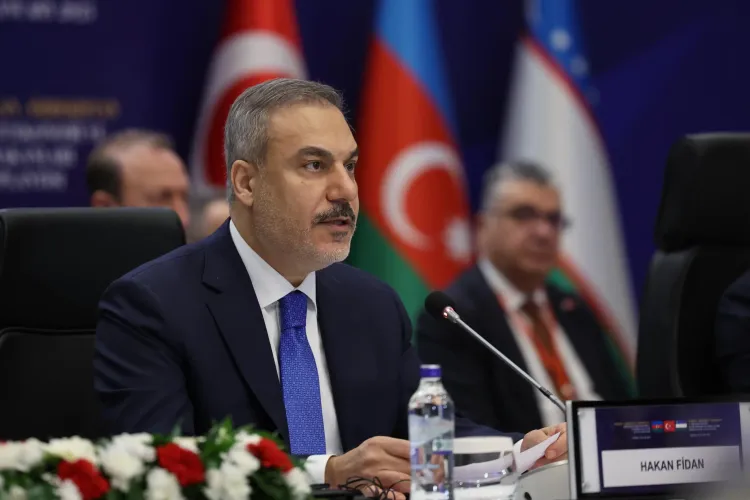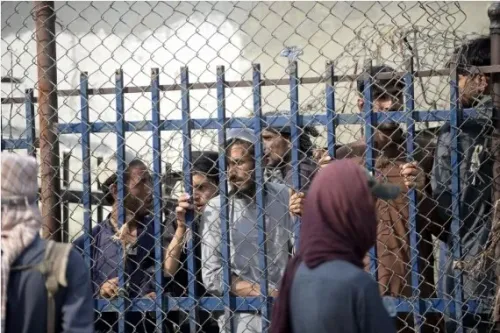Turkey Calls on Iranian Envoy Amid Rising Diplomatic Strain

Synopsis
Key Takeaways
- Turkey summoned Iran's envoy amid criticism.
- Iran's Foreign Minister criticized Turkey's foreign policy.
- Both countries emphasize the importance of maintaining good relations.
- Diplomatic tensions have escalated over regional issues.
- Turkey seeks to strengthen ties with Iran despite disagreements.
Ankara, March 4 (NationPress) The Turkish Foreign Ministry has summoned Iran's charge d'affaires in Ankara following Tehran's criticism of Turkish foreign policy, as stated by Ministry spokesperson Oncu Keceli on Tuesday.
This action occurred a day after Iran's Foreign Ministry summoned Turkey's ambassador in light of a warning from Turkish Foreign Minister Hakan Fidan concerning actions that could jeopardize Syria's stability.
Keceli informed reporters that discussions with Iran's envoy encompassed bilateral matters, including accusations made by certain Iranian officials against Turkey.
He remarked, “We believe that critical messages between countries should be conveyed directly to the relevant parties, which is the approach we followed today,” criticizing the frequent public criticism of Turkey by some Iranian officials.
Despite the diplomatic strain, Keceli emphasized Turkey's commitment to its relations with Iran, asserting, “Strengthening ties with Iran remains a priority for us.”
The diplomatic friction escalated after Fidan, in an interview with Al Jazeera Arabic on Wednesday, condemned Iran's regional policies, particularly its reliance on militias in Syria and Iraq, urging Tehran to reevaluate its strategy. In response, Iran's Foreign Ministry Spokesman Esmaeil Baghaei on Monday termed Fidan's comments as “unconstructive,” advising Turkish authorities to consider the ramifications of their policies.
On Monday, Baghaei addressed Fidan's remarks from the previous Wednesday, where the Turkish minister criticized Iran's regional strategies, especially its dependence on militias.
Fidan contended that although Iran had secured some advantages, its methods imposed a long-term burden on both the region and Iran's governance, urging Tehran to reconsider its strategy.
Baghaei indicated that Fidan's statements were “frequently repeated” and “unconstructive.” He noted Israel's increasing assertiveness in the region, especially in Syria, and called on Turkish officials to reflect on the consequences and effects of their policies.
He acknowledged that despite the two nations having differences on various regional matters, they had successfully maintained “good ties” by adopting “wise approaches and showing rational behaviors.”










